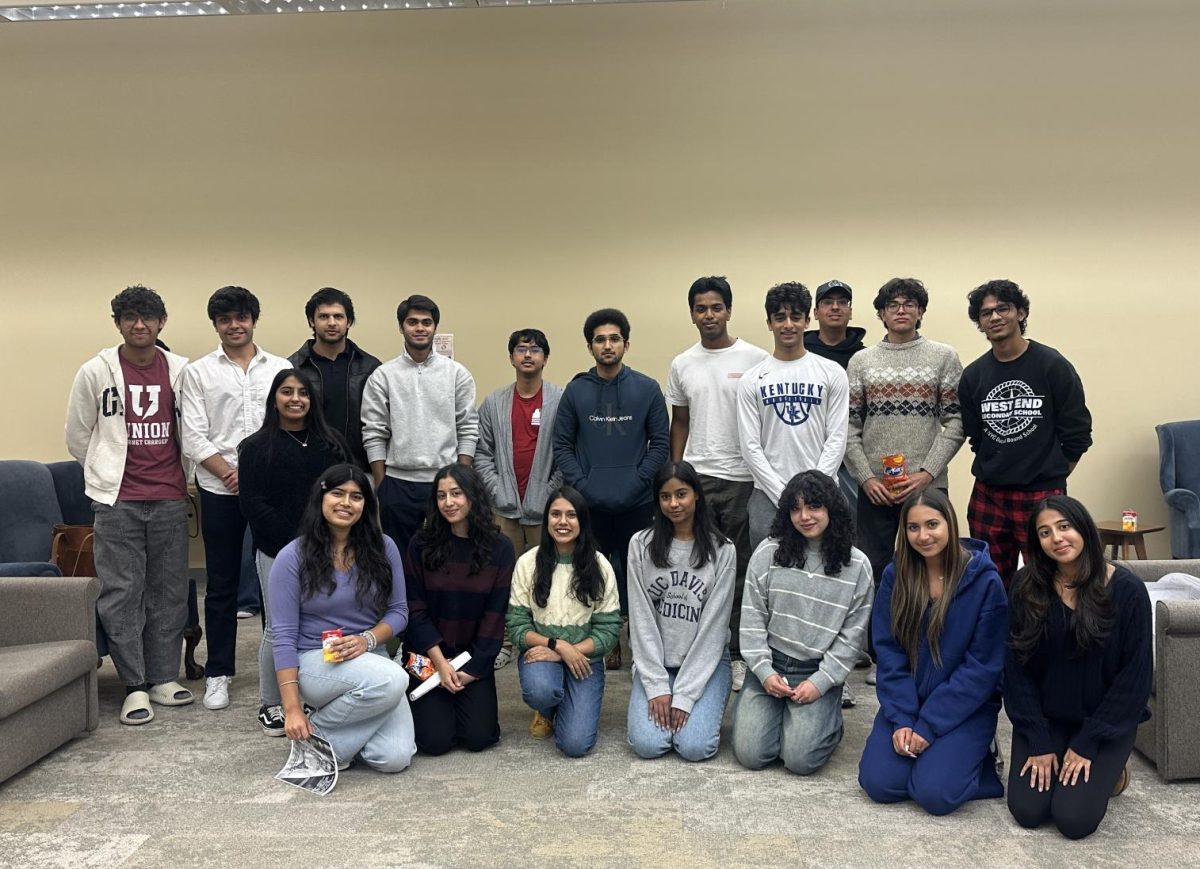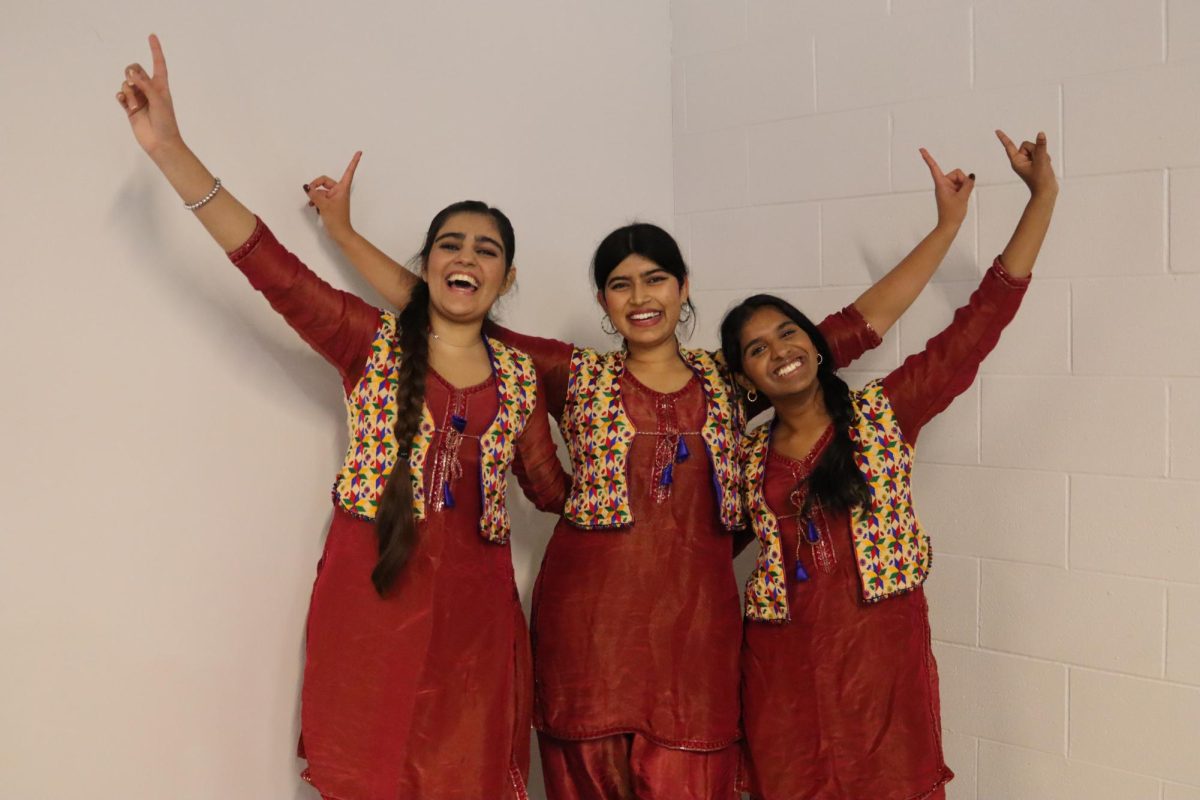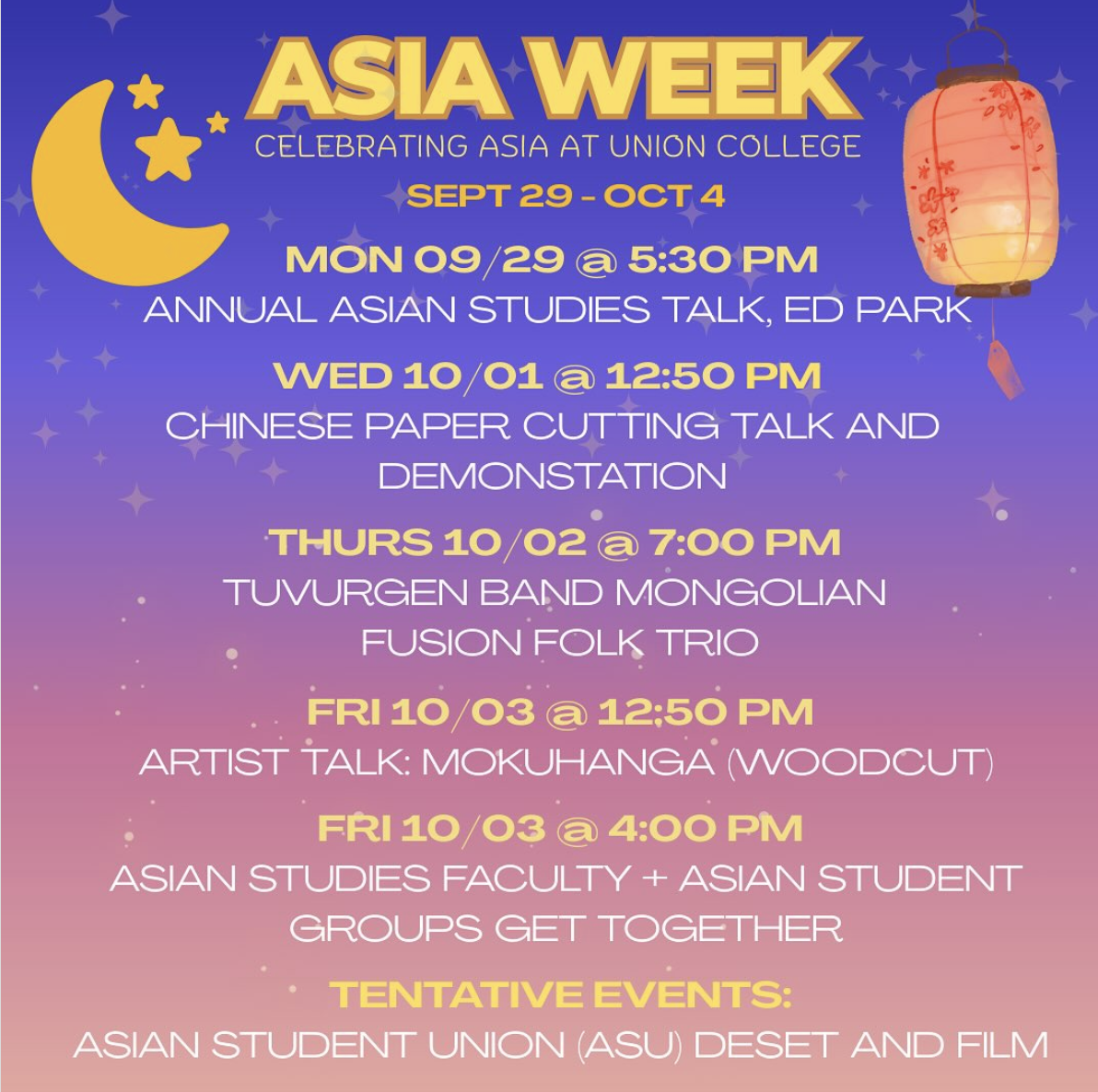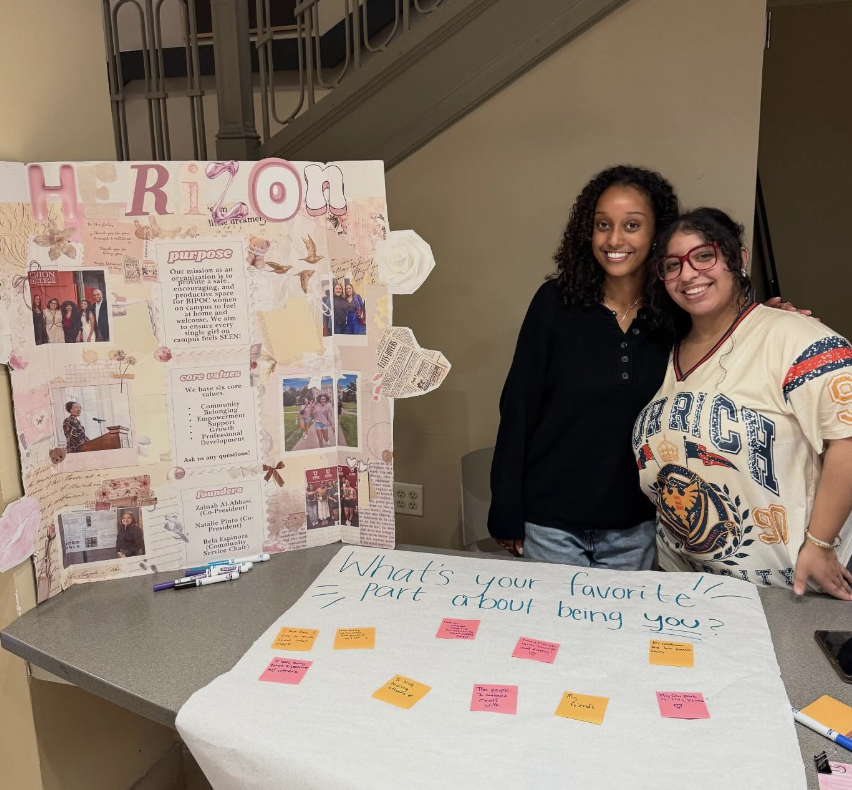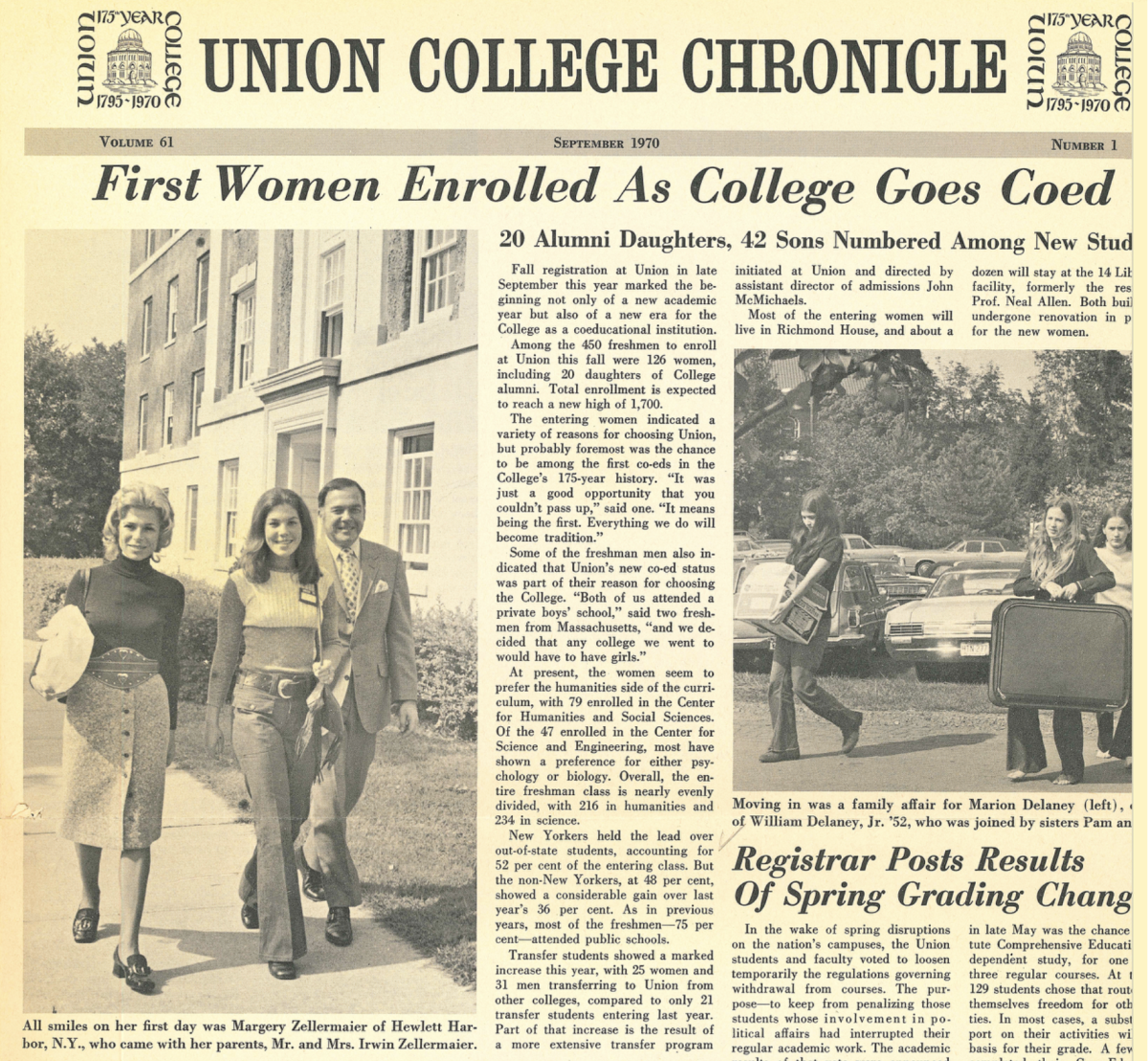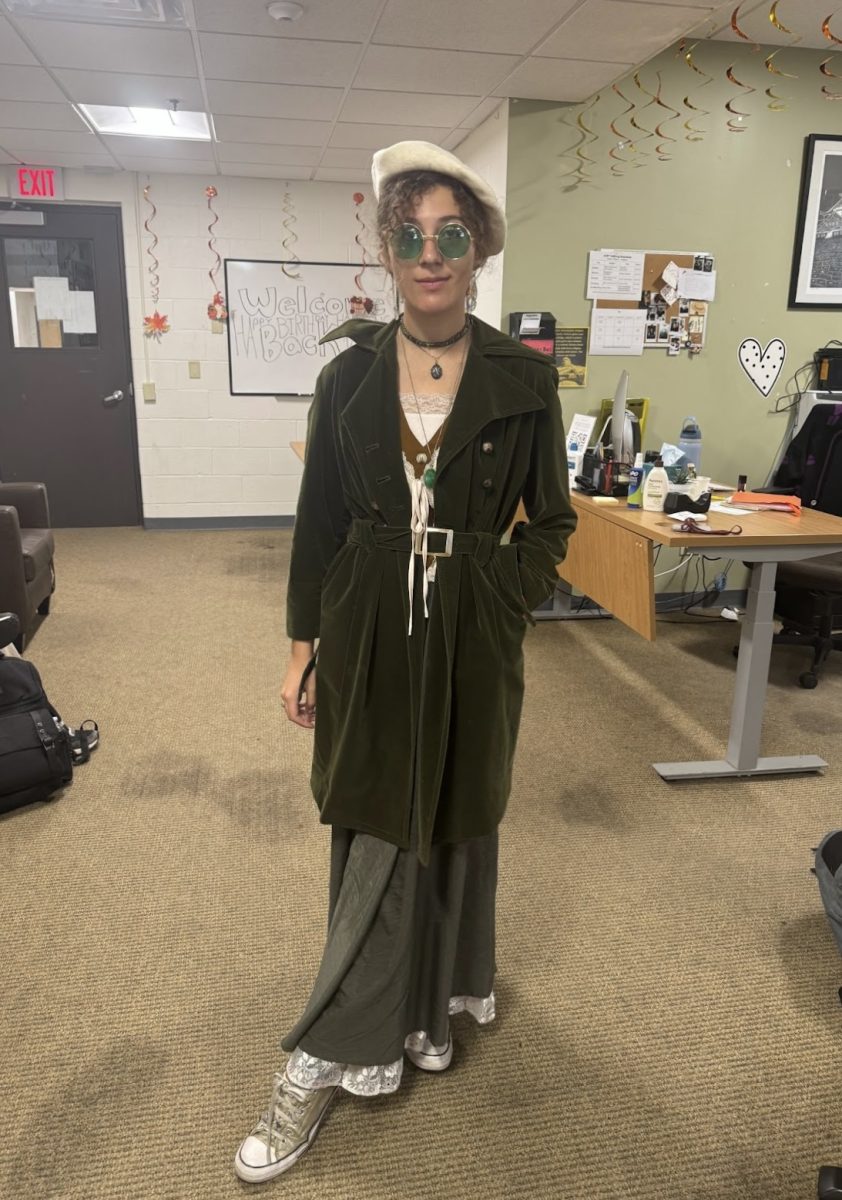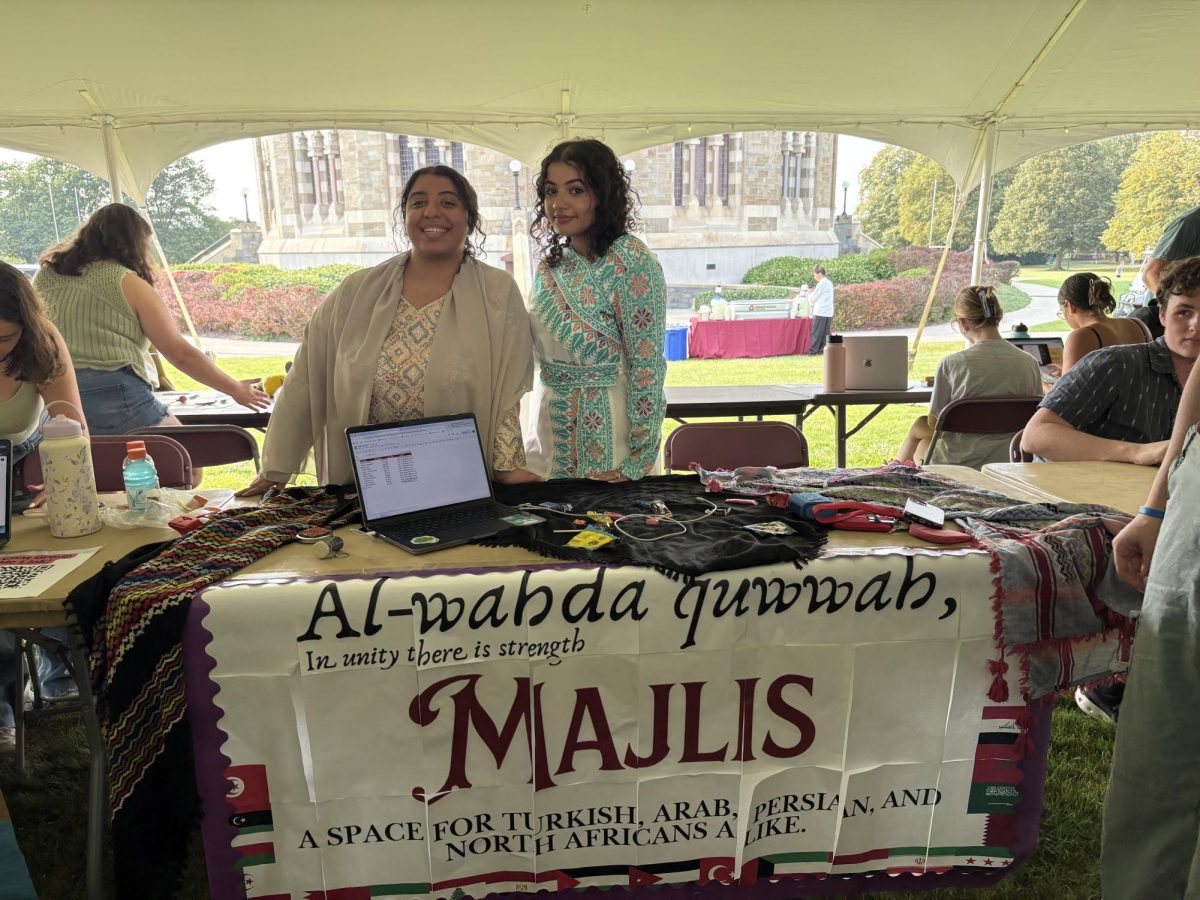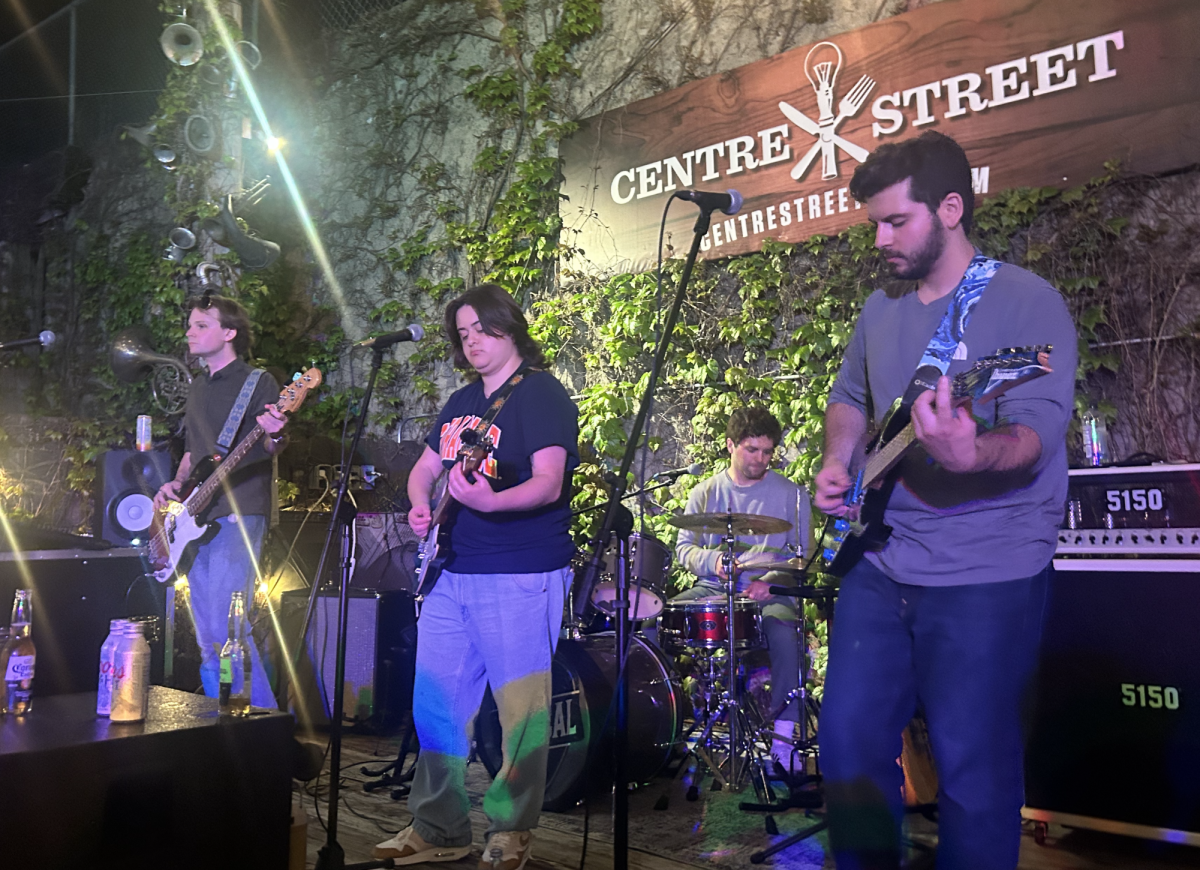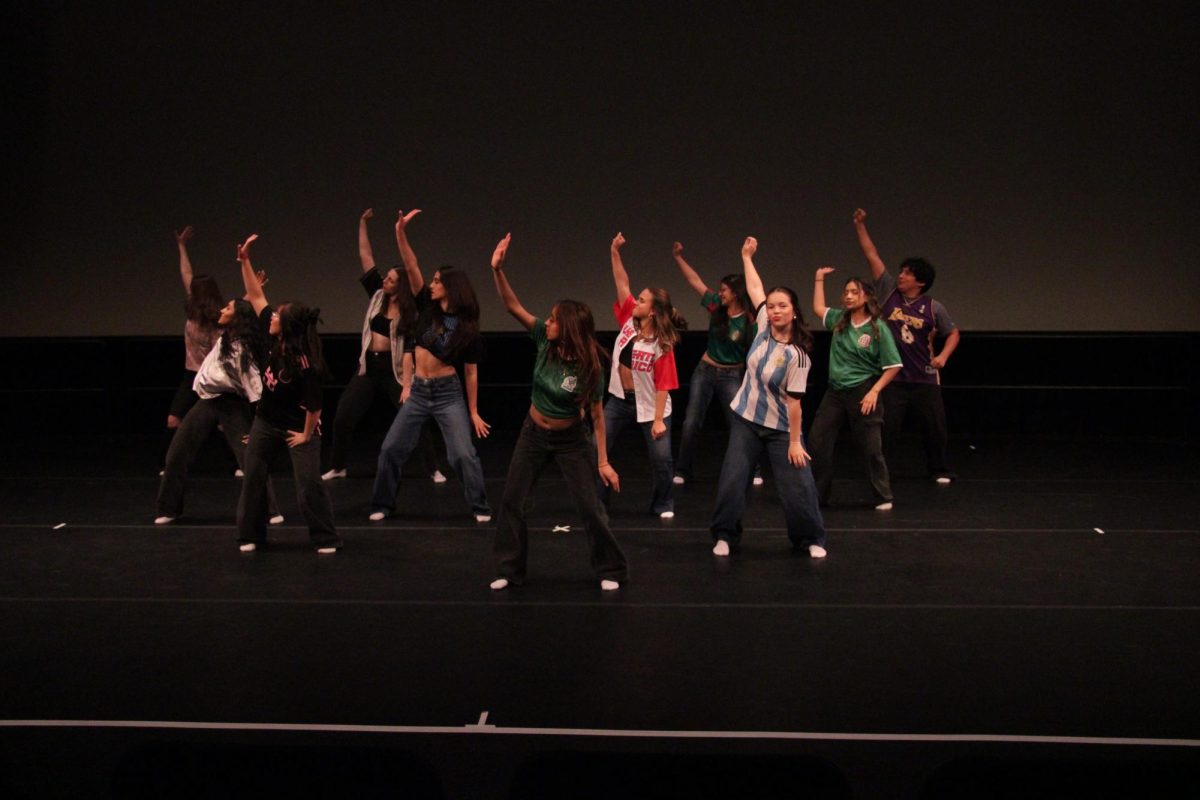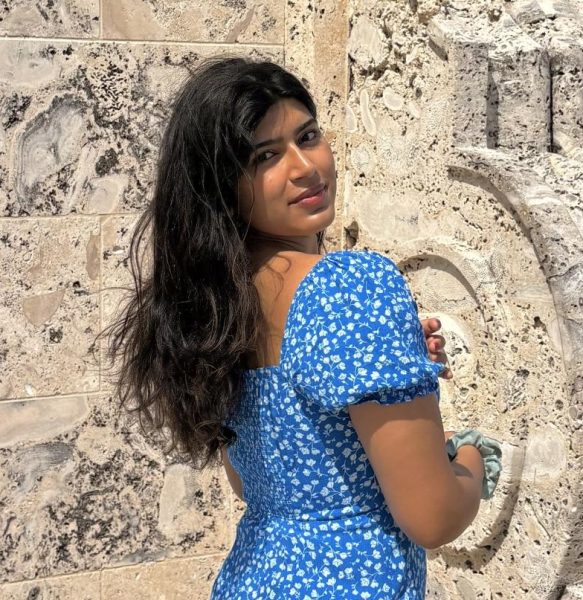On Thursday, October 9, Students of South Asia (SOSA) and Schaffer Library collaborated to host a discussion on the South Asian diaspora in the United States, moderated by Professor Sohini Chattopadhyay of the history department. The conversation centered on the experiences of being South Asian in a Western country and the question of whether to assimilate, as well as the contrasting experiences of students who grew up in the United States and those who came here for their undergraduate studies.
At the beginning of the discussion, Professor Chattopadhyay handed out archival documents that ranged from immigration papers dating back to 1917, when the Asia Immigration Act was enacted, to more recent posters for South Asian–themed drag shows in 2013. Students examined these documents and discussed what they revealed about the history of South Asians in the United States and how they adapted to life in the Western world. Chattopadhyay also encouraged participants to share the emotions these documents evoked and to reflect on how they could relate to some of the themes represented.
Some international students shared that they felt closer to their heritage upon traveling overseas because indulging in familiar practices such as drinking chai or eating South Asian snacks made them feel more connected to home. They also expressed that time differences often deepened the divide between them and their families, which was especially distressing when they woke up to news of events like the anti-corruption protests in Nepal in September 2025 or the India-Pakistan conflict in June 2025.
Meanwhile, domestic students discussed the differences they noticed between how their families practiced cultural traditions in the United States and how those traditions were observed when they traveled back for weddings or festivals. One student shared that she felt more comfortable embracing her culture than her parents did when they were younger, partly due to the growing positive portrayal of South Asians in media in recent years. One example she cited was the Netflix show Never Have I Ever, whose protagonist, Devi Vishwakumar, is the daughter of Indian immigrants.
Students left the discussion with a deeper understanding of how shared heritage can take on new forms across borders—and how the meaning of being South Asian continues to evolve within the diaspora.


